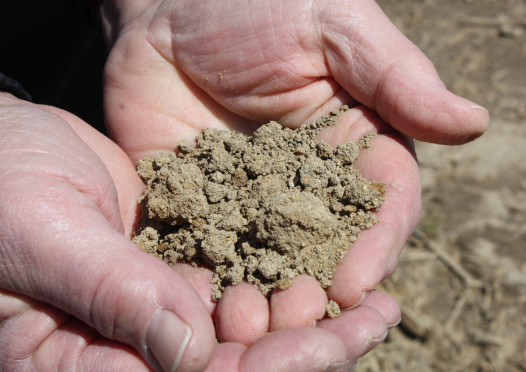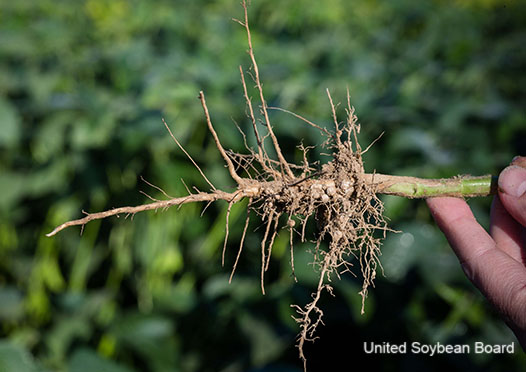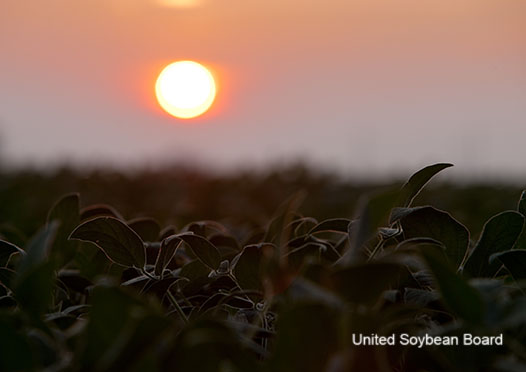ILSOYADVISOR POST
Agronomy: Non-GMO Beans: Tips for Raising IP Beans
For El Paso, Ill., soybean farmer Rob Shaffer, who grows about 450 acres of soybeans with his brother, the switch from growing specialty soybeans to 100 percent non-GMO wasn't that challenging. "Everyone is looking for a niche, and for us this works," he says.
More time and management are required to grow a non-GMO crop, acknowledges Shaffer. Relationships and conversations also matter, which is why the ISA director talks to each of his neighbors to let them know he is growing a non-GMO crop. He also places a non-GMO soybean sign at the corners of his fields, which is especially helpful for herbicide applicators.
Time invested in growing non-GMO soybeans often results in a high-value crop that yields the same, if not more, bushels as your typical soybean crop says Shaffer. If a farmer already is focused on using different modes of action to control weeds, rotating crops, researching varieties for protein and oil and monitoring fields, then Rob Prather of Huron Commodities in Monticello, Ill., recommends finding a premium program that rewards growers for their extra effort.
Tips for IP success
If farmers want to take advantage of premium programs, Prather has a few practical tips:
- Know your variety. "I can't buy your soybeans if I don’t know the variety," says Prather.
- Install gentle handling equipment, such as bean ladders in bins, so soybeans don't get damaged. "Learn from northern farmers who grow edible beans and other crops," he says.
- Scout fields before harvest. Set up your combine to handle the size of soybeans.
- Clean your equipment, all of it. "Dust from a GMO bean will make a load test hot," says Prather. Most of the time the mistake comes from borrowing equipment from a friend or a neighbor whose equipment is not properly cleaned. Also, make sure all corn is out of your equipment.
- If you grow different types of soybeans, plant and harvest your non-GMO varieties first to avoid contamination, Shaffer says.
- Once your crop is in the bin, moisture management is huge. "Check bins every couple of weeks," Prather says. "We can’t ship your soybeans if the moisture is too high."
Adapted from Non-GMO Soybeans May Pay Dividends for Growers from the December 2014 issue of Illinois Field&Bean magazine. For more information on raising IP beans, visit soybeanpremiums.org.




Comments
Add new comment